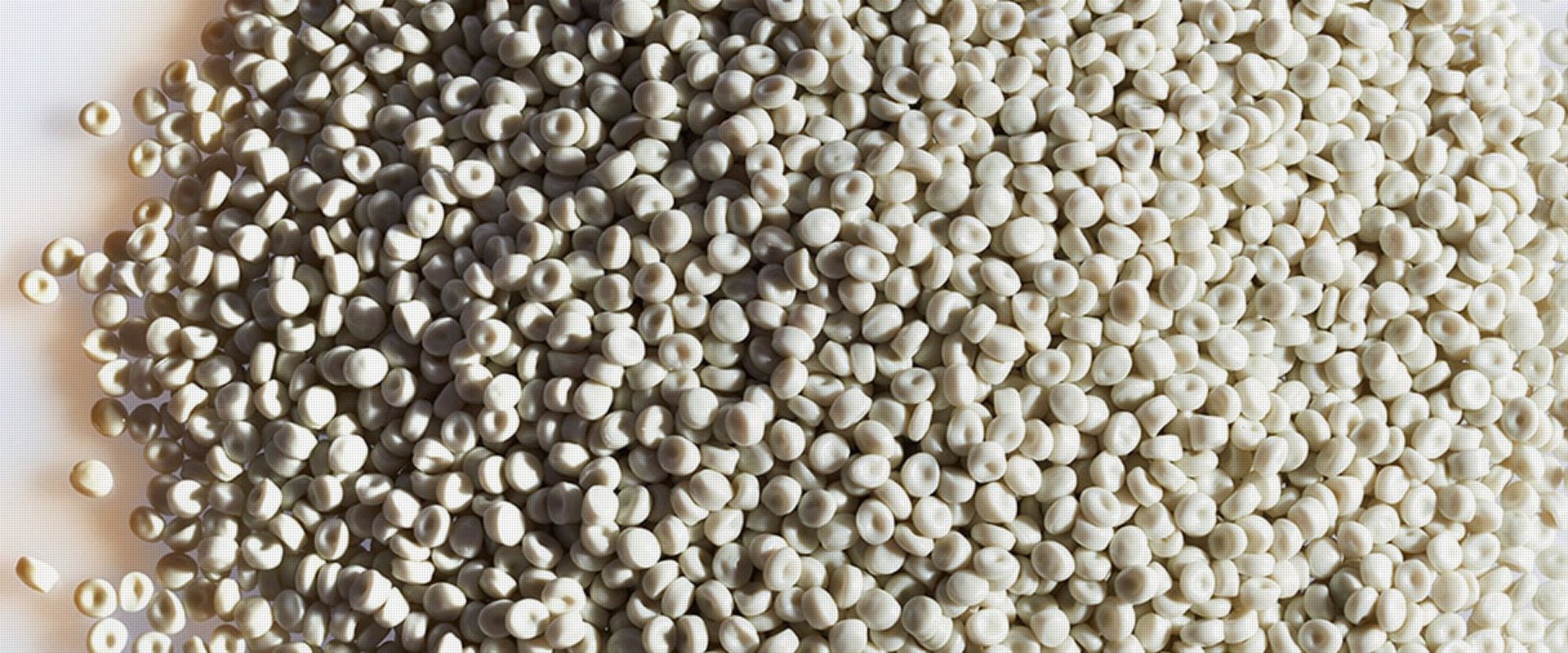
A circular affair: recycling in the BellandVision cycle
Future needs recycling
Packaging is particularly sustainable and environmentally friendly when existing raw materials are reused for production. Because through closed recycling loops, we avoid further consuming limited resources such as oil and contribute to the reduction of environmentally harmful CO2. With closed recycling loops, however, it is not only the environment that benefits: the use of already existing recyclable materials saves energy and gives companies the opportunity to fulfil their responsibility towards the environment.

The first step is one of the most important: correct waste separation by the end user
Consumers also have a role to play here: every year around 6.2 million tonnes of waste (including residual waste) are collected by the dual systems in Germany via the collection containers like the yellow bin or yellow bag, the waste paper collection or glass containers and are properly recycled. All packaging recyclables that are not correctly separated and mistakenly end up in residual waste are burned and are therefore lost to the recycling cycles that would follow up in the process. On the other hand, residual waste in the packaging collection makes it more difficult to recycle correctly collected packaging.
BellandVision's closed recycling loops for following packaging materials:
Glass - a recycling classic
Glass jars and glass bottles belong to the recycling-friendly packaging. They are collected in publicly accessible glass containers, are collected sorted by colour, and most of them are reused in new packaging. The recycling rate of glass packaging is currently 80 %. The big advantage: glass can be melted down and reused as often as desired while maintaining almost the same quality. In the process, about 20 % less energy is consumed than in the production of new glass packaging from primary raw materials such as quartz sand. Used glass is crushed for recycling, freed from metal and paper residues, then melted down and formed into new glass packaging. And with great success: currently, glass packaging already consists on average of 60 % waste glass fragments, and for the colour green it is even 90 % on average.
With our long-standing and experienced partner Wiegand Glas, we also rely on competence in the area of glass packaging and together offer you a closed cycle for glass packaging.
Paper is (relatively) patient
Paper recycling pays off in three ways: Valuable resources such as water and wood are saved, trees are protected and long transport routes from forest-rich countries are avoided - and therefore also environmentally harmful CO2 emissions. In addition, the recyclability of paper is comparatively good: paper fibres can be recycled an average of eleven times, then they become too short to be recycled further.
That is why waste paper is the most important raw material in the German paper industry: used cardboard boxes and paper waste are sorted, soaked in water and defibrated into fibre pulp, freed from foreign matter and then processed into paper again. The recycled paper is used to make newspapers, cardboard boxes, toilet paper and other products.
Climate protector recycled plastic
Compared to paper and glass recycling plastics is significantly more demanding. But it is precisely here that recycling is particularly worthwhile, because the production of new plastic packaging requires large quantities of oil and emits climate-damaging greenhouse gases. By comparison, one tonne of recycled plastic saves up to 3.2 tonnes of environmentally harmful emissions.
Modern technologies make the recycling of plastics possible: This requires mono-plastics that can be sorted by type, such as polyethylene (PE), polypropylene (PP), polystyrene (PS) and polyethylene terephthalate (PET), which can be processed into so-called recyclates in a mechanical process and then reprocessed into new plastic products.
As a subsidiary of the Veolia-Group, with BellandVision you rely on international expertise in recycling and secure access to global material cycles:
In close cooperation with parent company Veolia we support our customers in the development and production of environmentally friendly plastic packaging from recyclate. Please feel free to ask us for the specifications of the recyclates, we will be happy to advise you.
All that glitters is not gold ...
... But aluminium and tinplate are also valuable raw materials! Because these metals not only have optimal properties for product protection, but also for recycling. They can be reused almost infinitely. This is why recycled aluminium and tinplate materials are not only very popular with packaging manufacturers, but also in industry, e.g. with car manufacturers.
In the process, used metal packaging is separated in sorting plants and crushed into aluminium granulate, which in turn is melted down and processed into new metal packaging. With great value for the environment: the recycling process is so efficient that up to 95 % less energy is consumed than in the production of aluminium from primary raw materials.